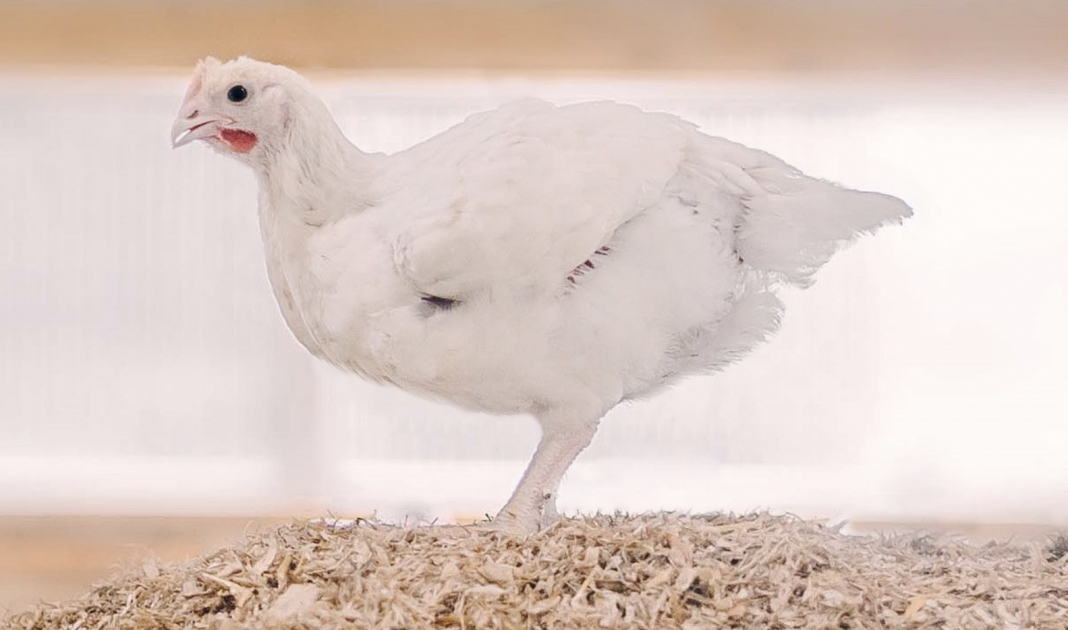Hessle-based food producer Cranswick is undertaking further research into its Carbon Inset Pilot Scheme to enhance their regenerative agriculture initiatives.
Working in association with Hutchinson’s and Agri Sound, the three-year project aims to investigate and make improvements to the carbon sequestration of soils and increase biodiversity across its farms.
Carbon Insetting is the process of integrating nature-based solutions within a business supply chain with the aim of reducing the amount of carbon emitted. This process will significantly contribute to Cranswick’s business goal of achieving Net Zero by 2040, using our own vertically integrated agricultural supply chain, as opposed to external carbon offsetting schemes.
Hutchinson’s have been using their Omnia Terramap technology to scan fields with their gamma ray detection systems to measure the levels of organic and inorganic carbon within the soils, on 250 hectares of Cranswick farms across the East of England. Sections of the land will then be planted with AB8 and AB15 options, comprising a range of wildflower, grass and legume mixes before the process is repeated to track the uplift in carbon that is sequestered in the soils over time.
As part of the Inset Scheme, the team from Cranswick will be working alongside Agri-Sound to help further the development of their poly monitors. This research will enable Agri-Sounds bioacoustics listening technology to become more advanced, allowing a more varied range of species to be detected via the remote listening devices, providing a much clearer picture of biodiversity levels and activity on Cranswick farms.
Ash Gilman, Director of Agricultural Strategy at Cranswick said: “We are determined that by being able to verify and demonstrate our leveraging of nature-based solutions, this Carbon Insetting Scheme will keep us solidly on track to net zero carbon emissions by 2040. By sharing the blueprint for the scheme within the wider agri-food industry in future, we hope to set a new standard for the adoption of sustainability within it.”
As the Inset Scheme will be trialled across multiple sites, most of which are independently owned, this will also provide an additional income. As farmers are being financially incentivised to sequester carbon and increase biodiversity levels on their farmland.
As a business, we look forward to continuing this partnership and working together to develop our sustainable and regenerative agricultural practices to focus on mitigating the effects of carbon emissions.



